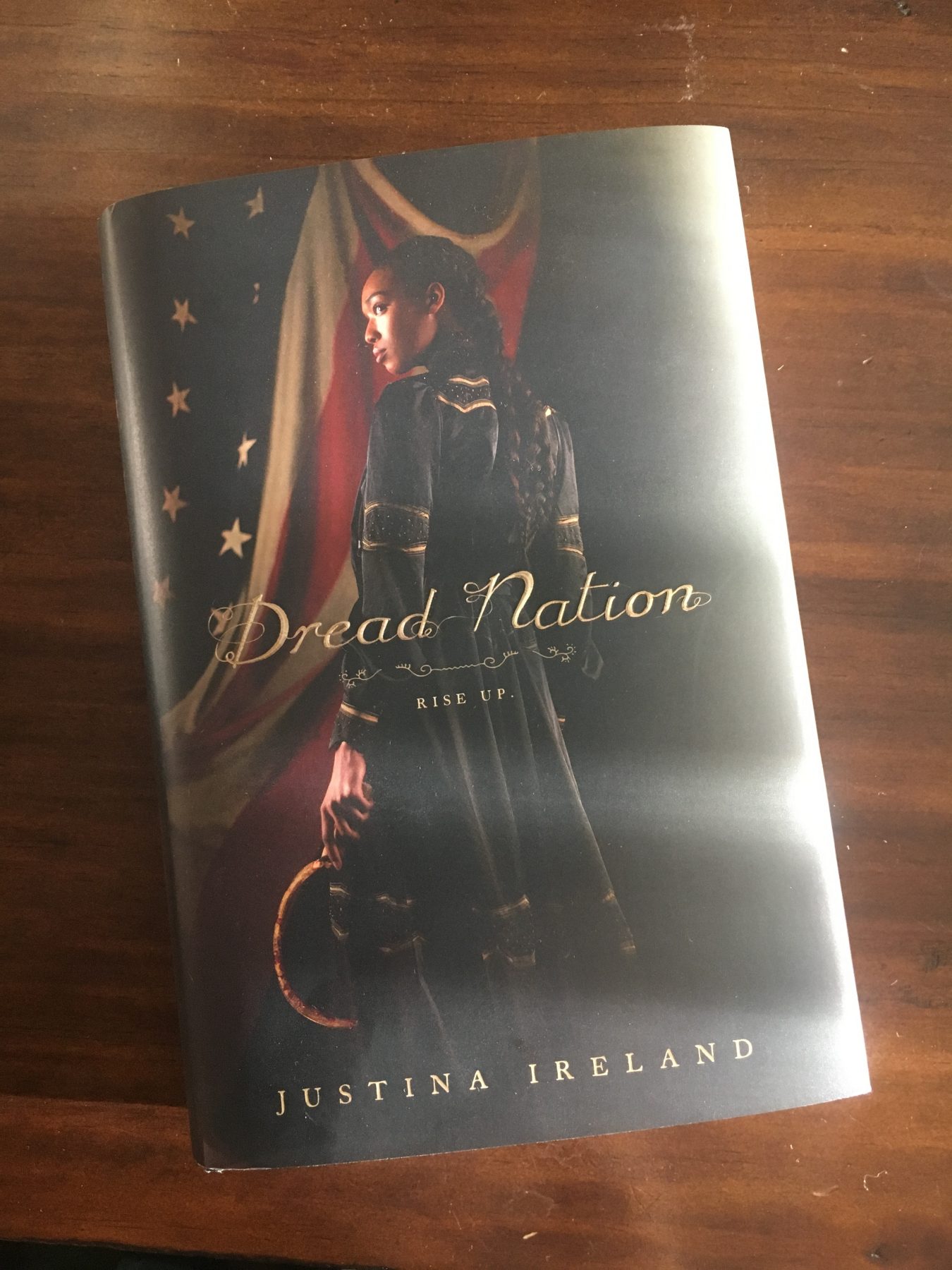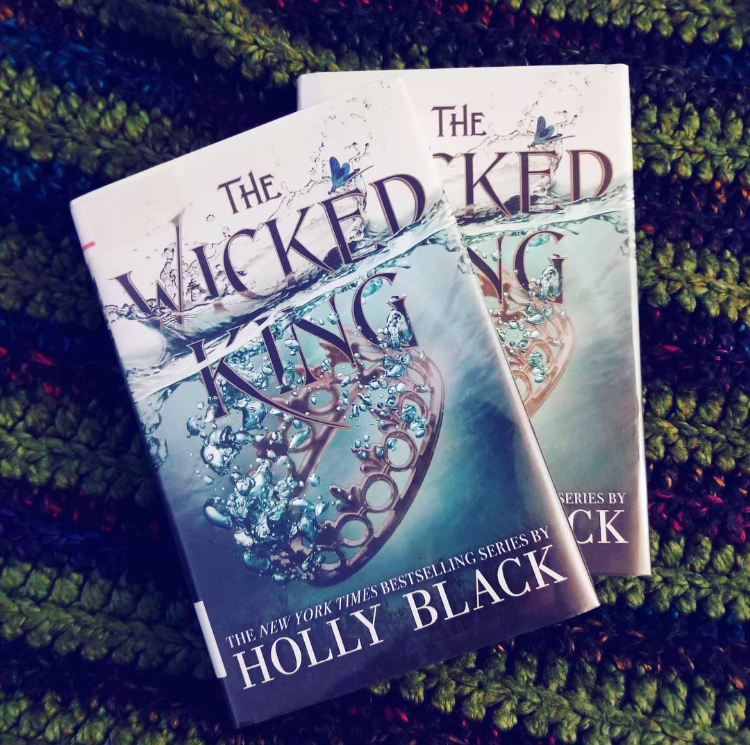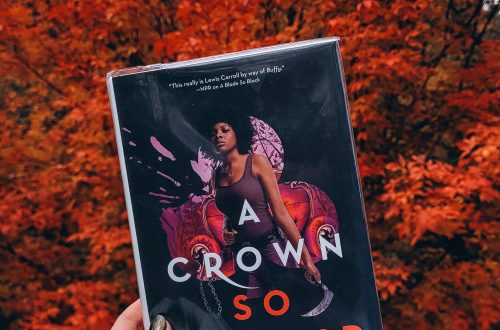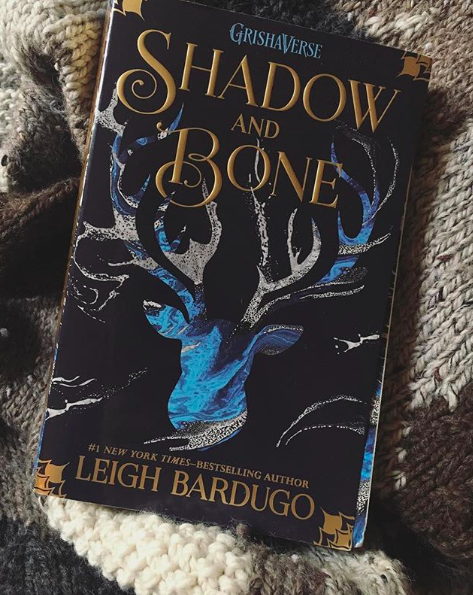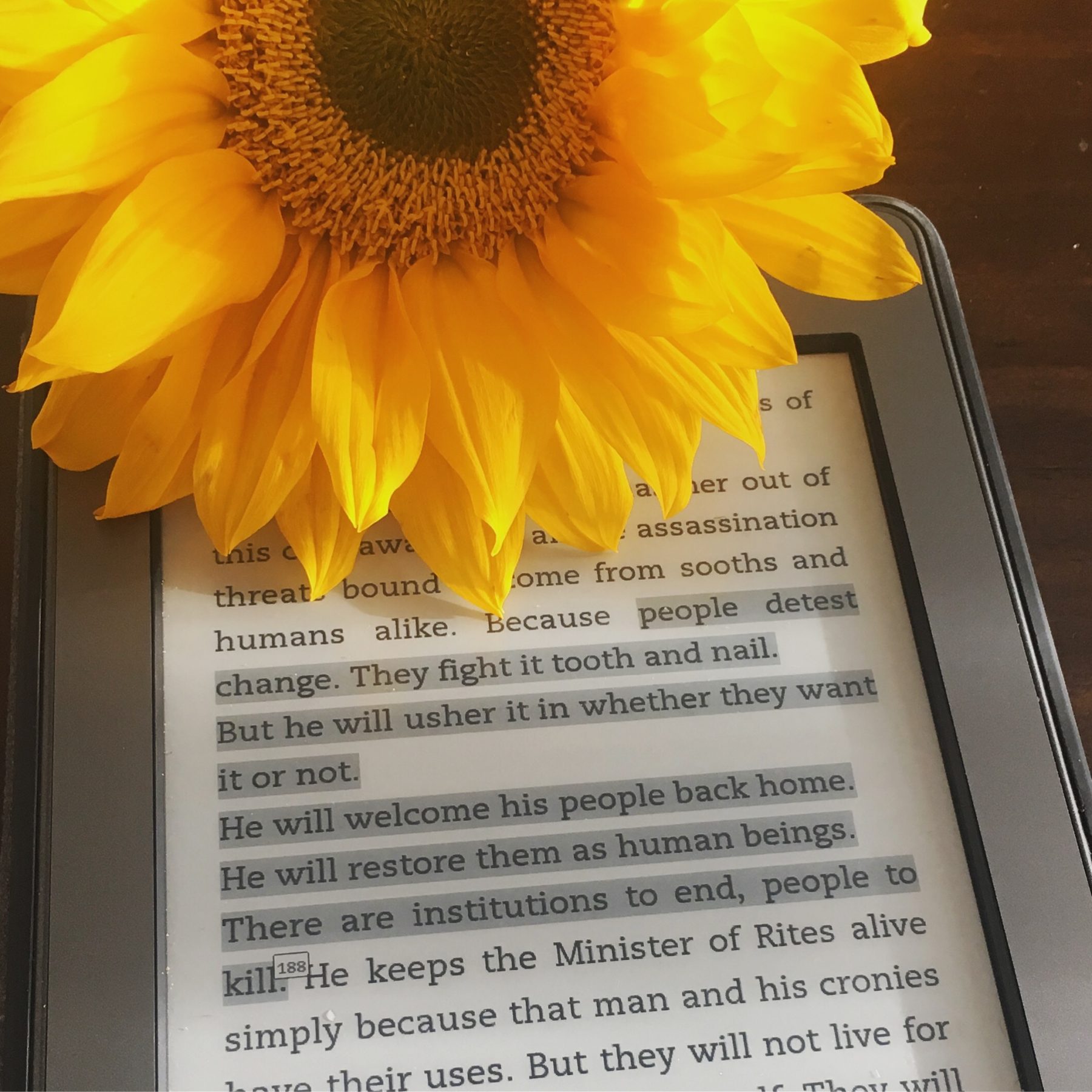
17. Descendant of the Crane by Joan He
This week we’re discussing Descendant of the Crane by Joan He. We received this book for free from Edelweiss in exchange for an honest review (which we promise to always provide).
We discussed monarchies, constitutions, colorism, and magic this week, as well as many other topics. Below are links to all the resources and things we had to look up, some of which included looking things up while we were recording, I left it in, because I think it’s cool to see the process. And J is back to calling everything interesting…
- Cranes were mentioned in the title, but they are often mentioned throughout the story. Turns out, they’re pretty significant
- Check out the “Meet the Characters” section of Joan He’s website then check out this article and this article for discussions of colorism
- Military Industrial Complex
- AOC’s take on dark money in politics
- We talked a lot about the different types of monarchy. Here’s an overview of the difference between constitutional and absolute monarchy
- Lingchi, or death by a thousand cuts is a real thing
- We could have benefited from a civics lesson on Imperial Chinese government, so here’s more on how government functioned during that time, which may give us all a better idea on how Hesina’s government may have functioned
- K mentioned books by bell hooks
- Season 3 of Serial
- Episodes of The Daily dealing with the Mueller case can be found here, here, and here
- There are some slight Daredevil season 3 spoilers
- I (J) said the UK Royal family tree wrong, but Anne shouldn’t be behind Andrew because she’s a woman
- Comp titles and diversity
Podcast: Play in new window | Download
Subscribe: RSS
Transcript to come Spring 2021
As always, we’d love to be in discussion with you, magical folx. Post or tweet about the show using #criticallyreading. Let us know what you think of the episode, anything we missed, or anything else you want us to know by dropping a line in the comments or reaching out to us on twitter or Instagram (@thelibrarycoven), or via email (thelibraycoven@gmail.com). You can also check out the show notes on our website, thelibrarycoven.com.
We really appreciate ratings and reviews on iTunes, Google Podcasts, Spotify, or any other platforms. Help us share the magic by spreading the word about the podcast!
Please support our labor by leaving us a one-time tip on Ko-fi or purchasing books from our Bookshop! Even better yet, become a monthly patron via Patreon and you can unlock a bunch of exclusive perks like mini-sodes, bonus episodes, and access to our community of reader-listeners on Discord.
The podcast theme song is “Unermerry Academy of Magics” by Augustin C from the album “Fantasy Music”, which you can download on FreeMusicArchive.com.
JK, it’s magic is recorded and produced on stolen indigenous land: Arapahoe, Cheyenne, and Ute (Kelly) and Chickasha, Kaskaskia, Kickapoo, Mascoutin, Miami, Mesquaki, Odawa, Ojibwe, Peankashaw, Peoria, Potawatomi, Sauk, and Wea (Jessie)
You can support Indigenous communities by donating to Mitakuye Foundation, Native Women’s Wilderness, or the Navajo Water Project. These suggested places came from @lilnativeboy
